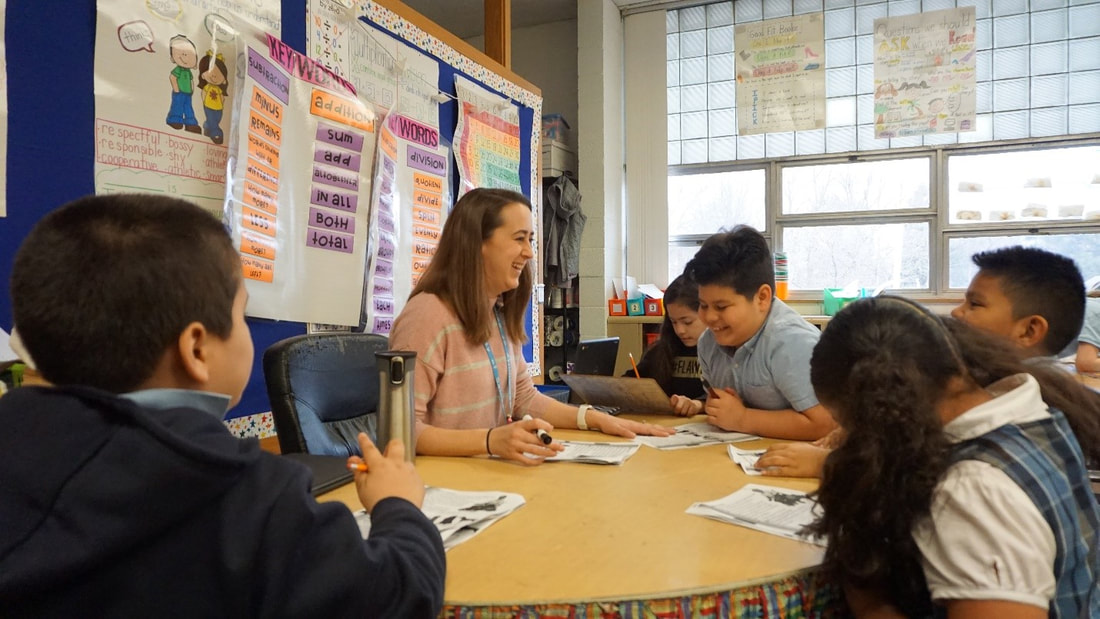Under the guidance of public health officials to slow the spread of COVID-19, all Minnesota schools were closed beginning Tuesday, March 17, 2020. Recognizing that this action would disproportionately affect marginalized communities, as does crisis in all forms, GHR has made two grants through our Catholic Schools initiative to support those students, and their families, for whom school closures will prove especially challenging.
Both grants have been made to new grantees, who are best suited to address pressing needs at this time:
These have been rapid response grants, aimed at addressing the most immediate needs. As GHR looks ahead to anticipate other emerging requirements and adapt to these unique and unprecedented circumstances in the longer term, we continue to learn about how we might partner boldly to best support our partners and communities.
Both grants have been made to new grantees, who are best suited to address pressing needs at this time:
- Minnesota Independent School Forum, a membership organization that connects and strengthens Minnesota’s independent schools through exceptional training, resources, and advocacy. This grant will enable our Mission schools to access funding for urgent needs, including technology support for distance learning, childcare, and deep cleaning. This grant also supports MISF to become a central resource for all 450 independent schools in the state to access current and future resources. Within 24 hours of school closures, there were requests made for over $192,488, with 50 schools having applied in that same time frame, of which GHR is responding to 37. The average school need is about $2238.
- The Sheridan Story, an organization equipped to serve food insecure families with take-home backpacks of food. Recommended by our partners at City Connects, The Sheridan Story has a unique and impressive capacity to ramp up service quickly and effectively, to alleviate some of the strain school closures will have on families who rely on food bags to feed children at night and on weekends. In addition to providing two weeks’ worth of food to our students and their families at a time, the organization has adapted swiftly to the evolving situation to keep its volunteers safe and develop new distribution networks.
These have been rapid response grants, aimed at addressing the most immediate needs. As GHR looks ahead to anticipate other emerging requirements and adapt to these unique and unprecedented circumstances in the longer term, we continue to learn about how we might partner boldly to best support our partners and communities.


 RSS Feed
RSS Feed
